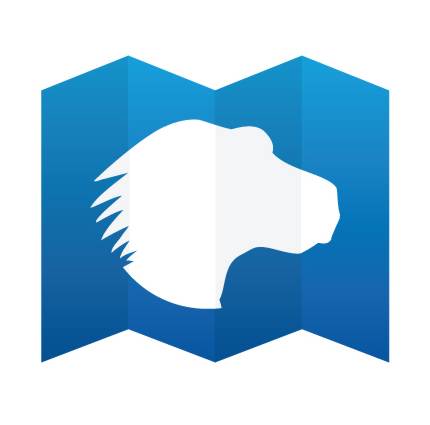| MDN Is 15 - How Did It Reach Top Of The Docs? |
| Written by Ian Elliot |
| Wednesday, 29 July 2020 |
|
Can you remember when MSDN was the goto for any technical information. Oh MSDN where are you now (rhetorical question). Most of the time I find, and my guess is that you find, that the very similarly named MDN is the source that most often turns up in a search for something basic or obscure.
Mozilla isn't only important because of Firefox. MDN, Mozilla Developer Network, is a key source of information. You may get your code snippets from Stackunderflow and similar, but if you want to understand the tech and find out what best practices are MDN is the place to go. It started life, in 2005, as the Netscape DevEdge documentation, was renamed and reworked as MDC (Mozilla Developer Center), then became Mozilla Developer Network (MDN) in 2010. It simply grew in size when no one was looking courtesy of its many contributors. The blog post, authored by Chris Mills, celebrating 15 years of MDN claims that 15 million web devs visit each month. It has also grown from its technology-neutral position, just documenting the standards, to covering frameworks and tools. As Mills puts it: "Some folks have expressed concern over MDN’s framework-oriented content. MDN is supposed to be the neutral docs site, and focus purely on the standards! We understand this concern. And yet, the learning area has been created from a very pragmatic standpoint. Today’s web development jobs demand knowledge of frameworks and other modern tooling, and to pretend that these don’t exist would be bad for the resource (and its users)." There have been so many improvements over the years - live edit examples, beginners tutorial and so on. However, the one vital area where MDN has improved and is still improving is its browser compat data. A huge effort has produced a standard database that many other sites, caniuse in particular, rely on: "Over time, other projects have become interested in using the data as well. MDN compat data is now shown in VS Code, webhint, and other tools besides. And even the premier site about compat info — caniuse.com — has switched to use MDN compat data, as announced in 2019." Of course all of this is a community effort: "Our community of volunteers has made us what we are. They have created significantly more content on MDN over the years than our paid staff, jumped into action to help with new initiatives (such as interactive examples and browser compat data), evangelised MDN Web Docs far and wide, and generally made the site a more diverse, more fun, and brighter place to be around." I personally find this the biggest mystery of all - why? When there are so many ways to contribute to documentation why did MDN take off? Part of the reason, my guess, is that it started out being useful in a very general way and it grew at a time that the vendor-specific documentation sites - notably Microsoft's MDSN and Technet, were killed by people who had no idea what they were destroying. MDN's future looks bright if a tiny bit worrying: Our next major move is a significant platform and content update to simplify our architecture and make MDN usage and contribution quicker and more effective. This also includes reinventing our content storage as structured data on GitHub. This approach has many advantages over our current storage in a MySQL database — including easier mass updates and linting, better consistency, improved community and contribution workflow, and more besides. Really? GitHub? I know GitHub is tempting and I know Microsoft contributes to MDN, but can it be trusted to provide a safe place for MDN into the future? I think MySQL is a better bet. If for some unlikely reason you have never visited MDN in its 15 years, it is worth a look. If you have visited, probably often, then why not visit the MDN Web Docs Store and buy a few things to say thanks.
If Firefox keeps losing ground to Chrome, and now Edge, it might just be that Mozilla's long lasting legacy is MDN. I hope not, that is, I hope Mozilla regains its position in the browser marketplace, but if it was to come to pass it would be a worthwhile legacy.
More InformationRelated ArticlesMozilla's Plan For Easier Web Development Mozilla Updates and Renames MDN Mozilla Developer Network Celebrates 10th Anniversary Mozilla Developer Network Redesign To be informed about new articles on I Programmer, sign up for our weekly newsletter, subscribe to the RSS feed and follow us on Facebook or Linkedin.
Comments
or email your comment to: comments@i-programmer.info |
| Last Updated ( Thursday, 13 August 2020 ) |



